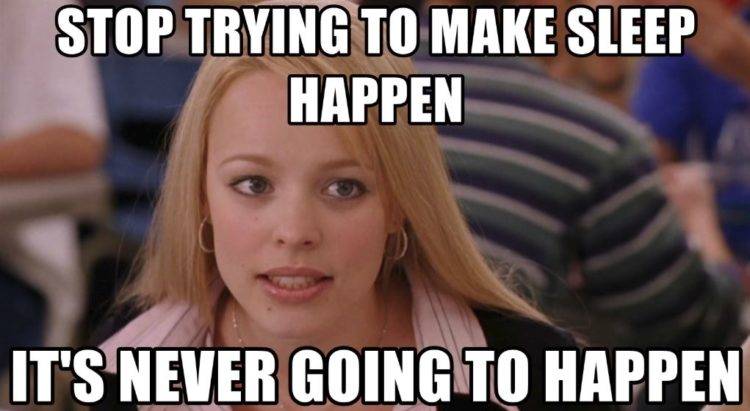From Wiki:
Sleep is a naturally recurring state of mind and body, characterized by altered consciousness, relatively inhibited sensory activity, reduced muscle activity and inhibition of nearly all voluntary muscles during rapid eye movement sleep, and reduced interactions with surroundings.
Sleep is an important part of our daily routine. It can impact every aspect of our lives, from our health to our mood, our weight, and our mental state. It can help us stay productive and perform at our best.

At the same time, it’s a great field of innovation with numerous products available that are designed to enhance sleep. In addition to the traditional categories of clinics, pharmaceuticals and bedroom furniture and bedding, a new wave of sleep gadgets has emerged. Crowdfunding platforms are full of novel sleep devices from masks to robots. Many are connected, continuing the trend of measuring and connecting our lives. Some even aim to stimulate the brain to create therapeutic effects.
In addition to the ballistocardiography devices, which live in your bed, there are many wrist-worn accelerometers and smartphone apps on the market (suddenly, poor sleep became a major public concern and millions of people wanted to know if they have a sleep problem). These devices claim to measure various “levels” of sleep (deep, light and normal) as well as “stages” (REM sleep) and even “restless sleep” and wake. The variability of values and differing sensitivities of these devices is quite wide ranging.
On the other hand, technology has already taken over the living room and the kitchen, and now it’s set its sights on the bedroom. Do we really need all this new tech? I can’t answer that question for sure. Regardless of device type or way of use, technology and sleep should always stay separate, IMO. We should be able to have a good sleep without the help of any devices. Just imagine how some device is helping your stomach in digesting food on a daily basis. Sounds weird, right? Moreover, that’s big business in these days, just remember that.
Dr Neil Stanley, the author of How to Sleep Well:
Essentially, to get a good night’s sleep, you need a bedroom conducive to sleep – one that’s dark, quiet, cool and comfortable; you need a relaxed body and a quiet mind, and that’s it. Any other advice [or device] only builds on that.
Every individual has a different circumstance and a different set of sleep issues and/or goals. Technology can be a useful tool for those trying to enhance sleep, but also a distraction if taken too far.
Sleep well!